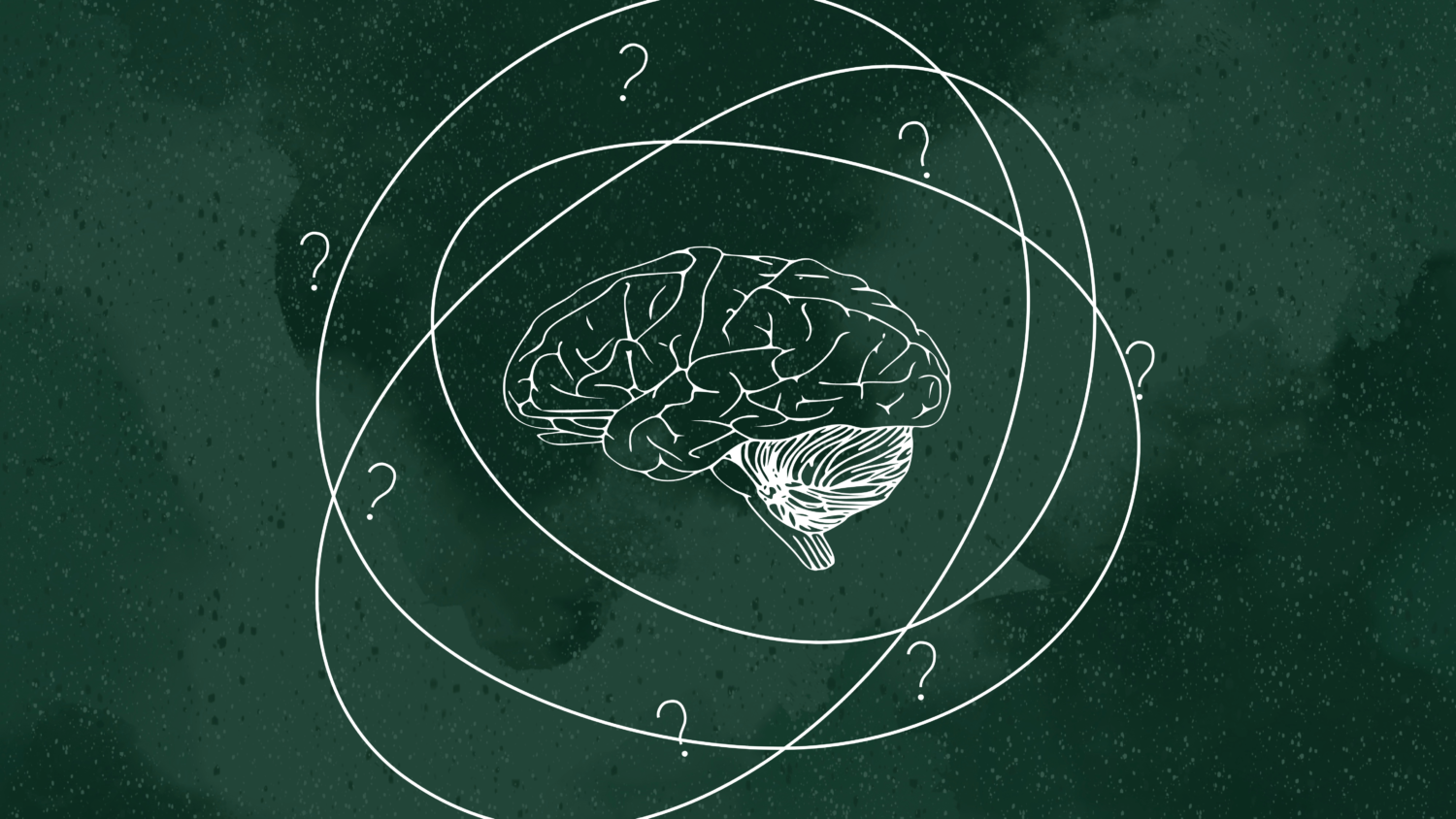Writing in the 1960s, during a time characterized as much by Beatlemania as it was by the Cold War or the carnage in Vietnam, French philosopher Jean-Paul Gustave Ricœur coined the phrase “hermeneutics of suspicion.” ”Hermeneutics” refers to the theory and practice of interpretation Often used in biblical analysis, it has also been deployed across media. In this particular instance, Ricœur synthesized the thoughts of Sigmund Freud, Karl Marx, and Friedrich Nietzsche to produce an exegetical style characterized by staking out an initial position of disbelief and skepticism and approaching written works, and perhaps the world more broadly, with a desire to uncover latent truths.
The concept of a hermeneutics of suspicion has not risen to academic prominence precisely for the reason it is relevant to discuss in closing out an edition of the Harvard Political Review’s quarterly magazine dedicated to cover-ups. Contemporary academia far prefers the idea of critical studies because of their rigor and pursuit of what the discipline treats as objective truths. Suspicion, conversely, is replete with subjective judgments and emotional associations; it is as much a disposition as it is a scholarly tradition.
Nietzsche, one of Ricœur’s wary trinity, developed in his works the idea of Hinterfragen, a persistent questioning of the motivations and impulses belied by one’s actions. For instance, Nietzsche believed that morality was not something to be accepted as innate but an artificial dialectic constructed by weaker men to avoid domination by the strong by confusing the latter into ignoring their natural, animalistic impulses. In works like the Genealogy of Morality, Nietzsche does not content himself with simply revealing the insidious nature of moral frameworks but expresses great disdain for those who manufacture them. Maybe, for someone who felt deceived by the façade of ethics, there was a catharsis in berating those whom he believed had hoodwinked humanity.
Like Nietzche, , recognizing this magazine as not only critical but suspicious serves to acknowledge the affective undercurrent of our analysis: The work, both intellectual and emotional, involved in curating articles that scrutinize and expose cover-ups.
The act of scrutinizing our scrutiny, and directing our suspicion inwards as well, becomes especially salient as we grapple with the extent to which cover-ups are an entrenched component of the systemic phenomena we loath yet in which we may one day be complicit. Noam Chomsky, writes, just a year before the election of Donald Trump, in “What Sort of Creatures Are We?” that “modern progressive intellectuals” use both their political positions and social standing to mask their attempts — whether conscious or subconscious — at obtaining a sort of “political guardianship” over the democratic mass that is unqualified to govern itself. He goes on to describe the fundamental misgiving that preoccupies our society: that those who are intended to safeguard our interests are actually colluding against them — and covering their collusion up. Chomsky’s revelation simultaneously dismays us and vindicates our quiet doubts about those who lead us and the leaders we may become.
A similar sentiment seems to fuel the decline of our political engine. For instance, the Jan. 6 attack has dominated the American political consciousness since it occurred, but the focus of governmental actions taken in the wake of the attack has largely been to confirm Donald Trump’s hand in the insurrection rather than taking steps to prevent future attacks of a similar modality. Though the Select Committee to Investigate the January 6th Attack on the United States Capitol will eventually issue “recommendations for corrective measures,” the bulk of its functions are — as the committee’s name suggests — investigative. Expository, informative, but ultimately ineffectual.
But somehow, replaying the drama of open rebellion through subpoenas and hearings that sound the alarm on our government’s moral putrefaction is seen, at least by 60% of Americans, as a “fair and impartial” aim. Even more disconcerting is the fact that this does not account for an untold proportion of those who disagree whose mistrust is directed at the committee itself, perhaps considering it the latest incarnation of the deep state. In all cases, Americans fail to interrogate their own doubt and its implications, and in all cases, it can hold us back from action.
Any understanding of the HPR as a snapshot of the contemporary zeitgeist must reckon with the boundary between critique and suspicion. Dedicating time to illuminating cover-ups in the institutions that surround us and social practices that govern us and the resulting desire to uncover the hidden must signal a turn from academic investigations to something altogether more introspective, honest, and visceral.



